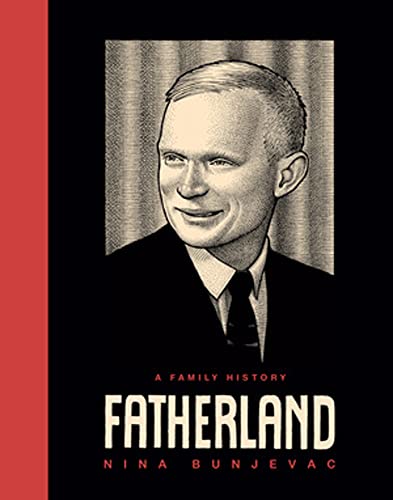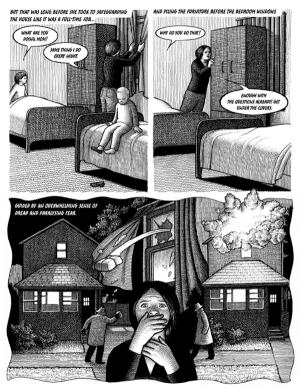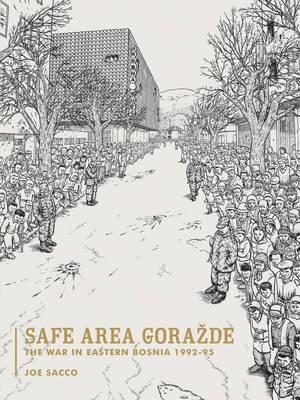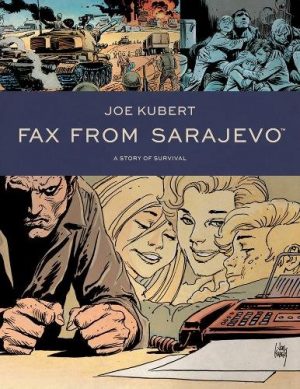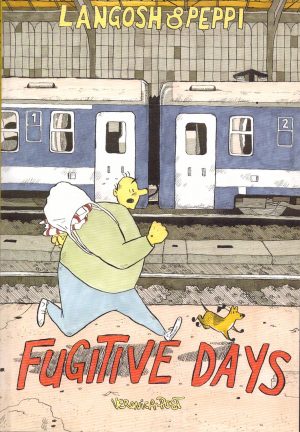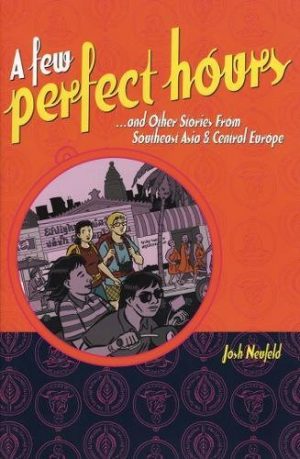Review by Ian Keogh
Canadian artist Nina Bunjevac explores her Serbian heritage in Fatherland, beginning in the present day prodding her mother’s selective memory of their past. What unveils from that prodding is a terrifying memoir of fanaticism, of old regional conflicts from thousands of miles away brought to Canada in the mid-20th century. Post World War II Yugoslavia enjoyed a more liberal form of Communism than other Soviet-allied states, but was a contrived country that forced together an ethnic mix of people and beliefs whose assorted hostilities stretched back centuries. Despite the Bunjevac family having a new life in Canada during the 1970s, Peter Bunjevac perpetuated the grudges of his homeland, leading to the author’s mother taking two of her three children back to Yugoslavia, Peter forbidding her to take their son. Two years after their departure they hear Peter is one of three men who died while making a bomb.
Bunjevac’s storytelling methods are distanced. Before Fatherland she was primarily a book illustrator, and for the most part each delicately stippled panel is a single illustration, rather than part of a moving sequence. Photographs are reproduced in the same style, and there’s a stiffness to the figures. It takes a while to realise this represents the relationship between mother and daughter in particular, and it’s a rare scene where they’re actually looking each other in the eye.
Peter’s activities form only a small part of a broad family history, but because Fatherland is sold on its most sensational aspect, there may be some disappointment that it occupies so few pages. Go with the flow, however, and there’s a fascinating insight into different ways of life in different times, the social documentation continually prompting wonder and questions. Not the least of them concerns the monumental honesty of postal workers, whereby envelopes stuffed with money could be sent across the world and arrive safely. Bunjevac’s clarity and conciseness in explaining the complexity of Serbo-Croatian hatred is a considerable achievement, and after the tragedies of World War II she arrives at her father’s biography.
The good looking young man with the wry smile seen on the cover can be contextualised in terms of his family and what he witnessed at a young age, yet many others experienced that without becoming what he became. Bunjevac’s portrait, only pieced together after years of questions, is of a driven man, sadistic during his youth, who finds an ideological calling among those attempting to free Yugoslavia from Communist rule. Yet he’s also fiercely loyal to his family, and eventually a fatally compromised individual.
A few pages continuing events after 1977 would have been more reader-friendly. When and how, for instance, did Bunjevac’s mother take her children back to Canada given the possibility of revenge killing? Was the full family ever reunited? A compelling immersion in the family circumstances is provided, so the lack of closure is puzzling. The few details given are early, casual and selective. As frustrating as that may be, it’s only a minor comment about wide-ranging reportage that’s otherwise a book to delve into and learn from.
For some reason the 2014 Jonathan Cape edition commands high prices as of writing, but the Liveright edition is also in hardcover and is to all intents and purposes identical.
